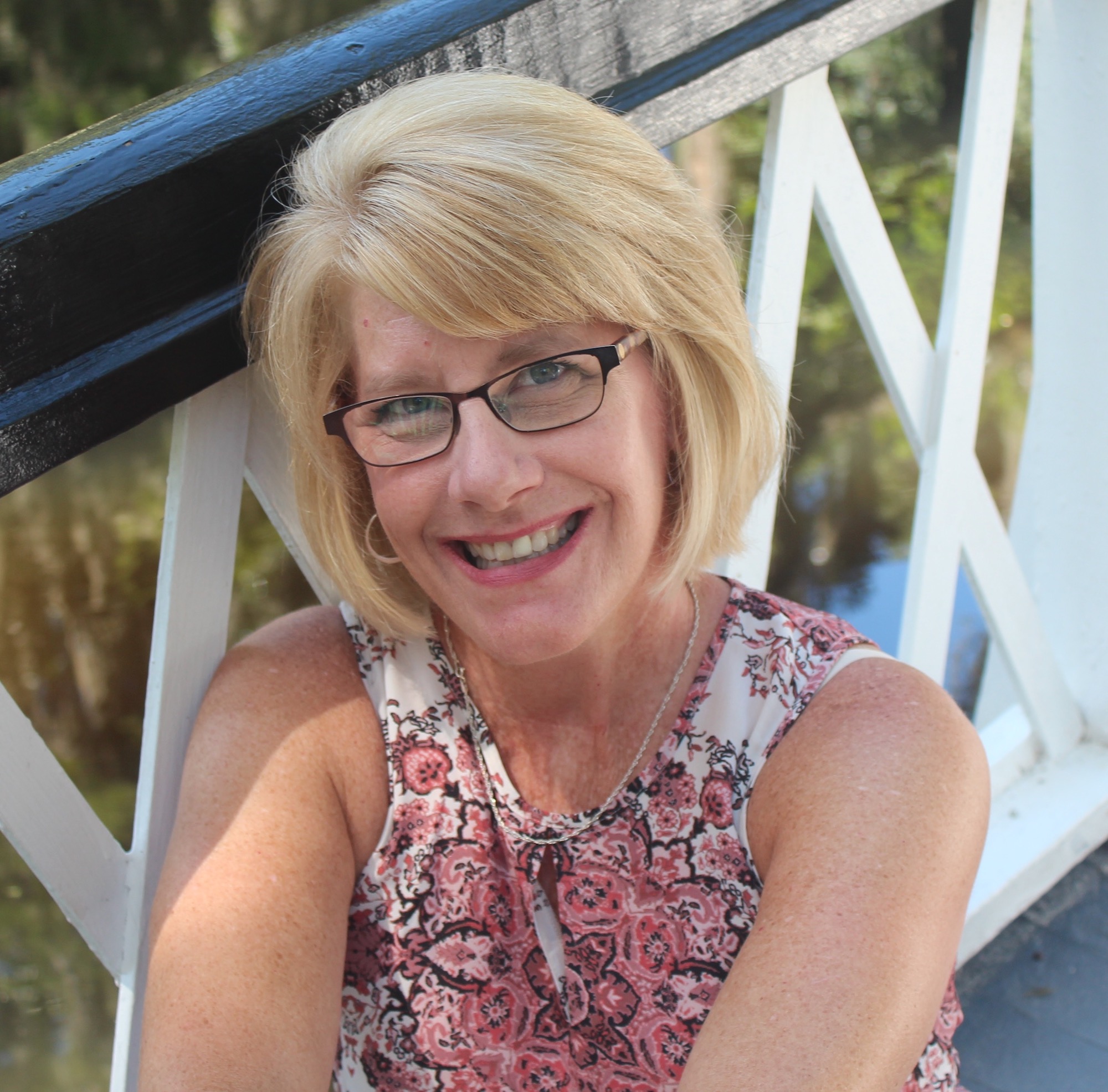4 Things We Can Learn about Evangelism and Discipleship from Apollos

Alexandria was the second-largest city in the First Century Hellenistic world. It was situated on the south-eastern shore of the Mediterranean and was a Roman province founded by and named for Alexander the Great. Only the city of Rome eclipsed Alexandria in size and wealth.
Alexandria was also home to the largest Jewish community at that time, occupying two of the five quarters that made up that city. In fact, there were so many Hellenistic Jews, a Greek translation of the Hebrew Bible was produced there, called the Septuagint.
Alexandria was also known for its intellectualism, its philosophical thinkers and debaters, including the greatest, most renowned Jewish philosopher of that time, Philo. The city was also known for its Great Library of Alexandria, which was part of a larger research institution called the Museion. The Great Library boasted a collection of between 40,000 and 400,000 papyrus scrolls. Because of all this, Alexandria was regarded as “the capital of knowledge and learning.”
Is it any wonder then that Apollos, a native of that city and its environs, was considered “eloquent” and “a learned man, with a thorough knowledge of the Scriptures?” (The “Scriptures” being the Septuagint)
Yet, for all his learning and intellect, Apollos was “acquainted only with the baptism of John” at the time we meet him in Acts 18:24-28.
What Was the “Baptism of John”?
Baptism was a ritualistic cleansing ceremony used for Gentile proselytes being welcomed into the Jewish faith.
John the Baptist—considered to be the new Elijah—appropriated this water baptism not for proselytizing but for preparatory purposes, for repentance (“change one’s mind”) in preparation of the coming Messiah. Baptism was the central sacrament of John’s ministry and preaching.
John’s baptism was not a baptism of salvation. Salvation would come (and still comes) through Jesus Christ alone, through belief in His sacrificial death and resurrection for sins.
The “baptism of John” was what Apollos knew only, added to his knowledge of the Septuagint: the prophesies and promises of the Messiah. That was it.
Of those truths, he spoke with fervency, persuasion, and eloquence (Acts 18:25). Yet after teaching on the baptism of repentance and the prophesies, he could go no further. His knowledge ended there. He knew about Jesus, His horrific execution, and his miraculous resurrection from death, but he did not fully understand the mystery of those events.
So, yes, his knowledge was based on truth, but it was as yet unfinished, incomplete. Lacking.
Despite his deficiencies, there are still things we can learn from Apollos at this point in his itinerate ministry.
1. Apollos teaches us that we should “go with what we know” when witnessing.
A lot of times, new believers fear witnessing (but, then, who doesn’t!). Their rationale is that they don’t know enough about the Bible or doctrine or theology to give accurate, intelligent answers. “All I know is Jesus and that He saved me,” they say.
That’s enough. Honestly. Jesus told His disciples in Matthew 28:19 to “go and make disciples of all the nations.” Yet, at that point, even the disciples had only a working “knowledge” of Jesus’ death and resurrection to go on. Nothing more. They were “unschooled” themselves (Acts 4;13).
The caveat of Matthew 28:19 is not that you need to be some great theologian or Bible scholar; it’s that you need to have only a saving faith in Jesus Christ and a desire to be a faithful witness.
So, take heart! “Go” with what you know to be true at this moment in your life, whether it’s only your personal testimony or a few memorized Scripture verses or a deeper, more developed knowledge. It does not matter. Just go! And go in the Spirit’s power. He will use whatever “knowledge” you possess.
Says Commentator Matthew Henry of Apollos, “Though [Apollos] had not the miraculous gifts of the Spirit, as the apostles, he made use of the gifts he had.”
Be like Apollos. Yes, he preached only part of the truth, but soon enough he would know the full truth.
Enter Priscilla and Aquila.
2. Apollos took the time to be taught.
Apollos, remember, was a “learned man.” He was smart. He had a lot of knowledge in that brain of his. Yet, when he was approached by Priscilla and Aquila, a Jewish missionary couple who heard him preach, he was humble enough to recognize his deficiency of and their maturity in the Gospel. He, therefore, willingly put himself under their tutelage. He allowed them to “explain to him the way of God more adequately” (Acts 18:26). In fact, given his propensity for learning, I have no doubt he welcomed their assistance eagerly.
It’s not certain how long Apollos sat under Priscilla and Aquila’s spiritual ministrations—one evening, several days, weeks, months? No one knows. The point is that Apollos took whatever time was necessary to be taught “more adequately the way of God.”
What were those “ways” Apollos needed to learn? We aren’t exactly sure, but Commentor Charles Ellicott gives us some insight. “It would include…the doctrines of salvation by grace, and justification by faith, and the gift of the Spirit, and union with Christ through baptism and the Supper of the Lord.”
Armed with this arsenal of information, Apollos then set off for Achaia, another Roman province, where, under the Spirit’s influence and empowering, he “was a great help to those who by grace had believed” (Acts 18:28a).
Nothing could hold Apollos back now!
3. Apollos poured himself out in proclaiming.
Even before he met Priscilla and Aquila, Apollos was preaching with “great fervor,” which, in Greek, means “the state of being emotionally aroused and worked up, excitement, enthusiasm.”
Matthew Henry described Apollos as “a lively, affectionate preacher, fervent in spirit. He was full of zeal for the glory of God.” In today’s vernacular, we would say of Apollos, “He’s on fire for the Lord.”
Even though he had half the truth at first, Apollos still spoke with power and persuasion. He believed in what he preached. He preached with conviction and commitment. After his time with Priscilla and Aquila, however, he became an even more powerful pastor, for once he set ashore at Achaia, he “vigorously refuted his Jewish opponents in public debate” (Acts 18:28b, emphasis mine). Vigorously, “strong, energetic, powerful.”
So energetic and electric was Apollos in his preaching that the Jews were left awestruck, tongue-tied. They could not argue against such dynamic and authoritative reasoning. Apollos’ handling of the Septuagint passages was so weighty that no one could refute him.
“Apollos was one of those people who was able to combine fact and fervor into a force for God,” said Pastor Darren Rogers in his sermon “Apollos,” found on sermoncentral.com).
Like Paul, Apollos must have been a force to be reckoned with…or not!
4. Apollos was single-minded in his message.
Apollos was single-minded, laser-focused, in his message as a gospel “waterer” (1 Corinthians 3:4-6). He did not preach anything except Jesus. In this, he was, again, very much like Paul, his contemporary, who said in 1 Corinthians 2:2, “For I resolved to know nothing while I was with you except Jesus Christ and Him crucified.”
Over and over, Apollos was able to “[prove] from the Scriptures that Jesus was the Messiah” (Acts 18:28b).
Every witness and message should point to and focus on Jesus, the author and perfector of our faith (Hebrews 12:2). Whether we’re witnessing from the Old or New Testament (or giving our personal testimony), our message should direct our listeners to Jesus.
“The business of ministers is to preach Christ. Not only to preach the truth, but to prove and defend it, with meekness, yet with power,” wrote Matthew Henry.
Oh, to be like Apollos: humble, teachable, fervent, an evangelist, a lover of the Lord Jesus Christ, sold out to His Savior. Now, that would be a prayer worth praying!
Photo Credit: ©iStock/Getty Images Plus/witsarut sakorn

Originally published March 23, 2022.







